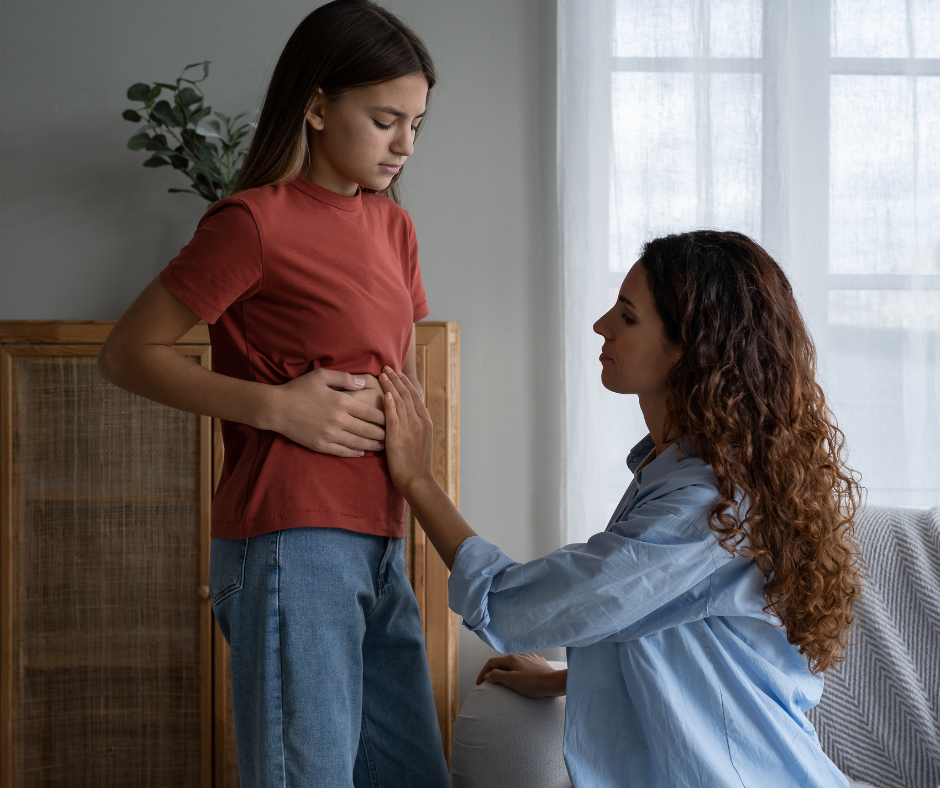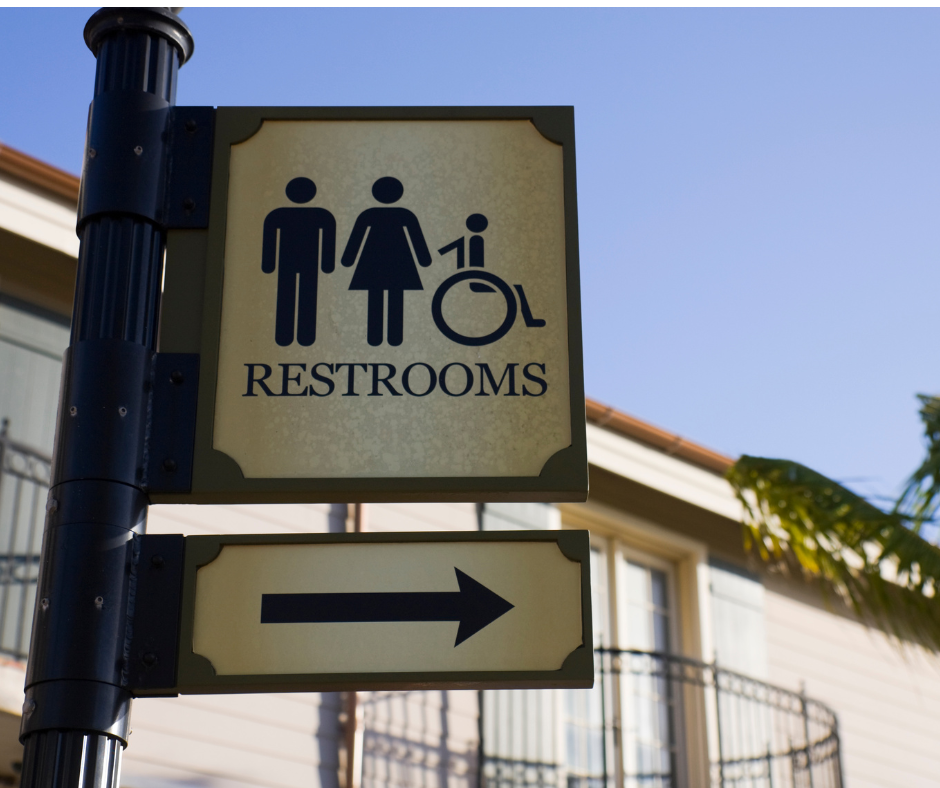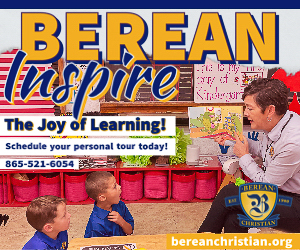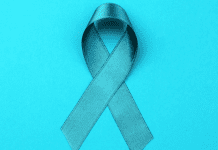 Irritable Bowel Syndrome (IBS) is an unpleasant topic to discuss. It is truly hard to have a conversation about it while skirting around the ugly words and visually-unappealing descriptions. Nonetheless, raising kids with IBS is so much more than an inconvenience. It is a gut-wrenching disorder that requires moms to watch their child suffer and retract from life. And it needs to be discussed.
Irritable Bowel Syndrome (IBS) is an unpleasant topic to discuss. It is truly hard to have a conversation about it while skirting around the ugly words and visually-unappealing descriptions. Nonetheless, raising kids with IBS is so much more than an inconvenience. It is a gut-wrenching disorder that requires moms to watch their child suffer and retract from life. And it needs to be discussed.
My daughters insisted I write about how IBS changes a kid’s life. “If it helps even just one kid or mom out there, then you should definitely write about it,” they said. About three years ago, I never thought about IBS or knew how it impacted a life. It was not on my radar as a necessary health concern to investigate or prioritize, but life has since changed.
What is IBS?
According to the National Institute of Health, Irritable Bowel Syndrome is “is a group of symptoms that occur together, including repeated pain in your abdomen and changes in your bowel movements, which may be diarrhea, constipation, or both. With IBS, you have these symptoms without any visible signs of damage or disease in your digestive tract.” It is referred to as a functional gastrointestinal disorder. “Functional GI disorders, which doctors now call disorders of gut-brain interactions, are related to problems with how your brain and your gut work together.”
My identical twin daughters both have IBS.
I will not speak about IBS from a medical perspective or as an expert on the disorder. I have NO RECOMMENDATIONS for you medically. I can only describe what we have learned, endured, read, and/or experimented with along the way with my own children.

Getting a diagnosis
One twin started symptoms in 4th grade, the other in 5th grade. Both experienced extreme abdominal pain and disruptions in bowel movements that persisted over several weeks. Their diagnostic courses were somewhat similar. First, we went to the pediatrician describing our symptoms. We were then referred to the local GI specialist. Due to family history of Type 1 Diabetes, doctors immediately indicated that Crohn’s disease or inflammatory bowel disease (IBD) was likely. After bloodwork, stool samples, allergy testing, ultrasounds and colonoscopies, Crohn’s and IBD were ruled out. We were left with the diagnosis of IBS based on reported symptoms. Doctors recommended we eliminate all high fructose corn syrup, pre-packaged meals, greasy foods, and fast food. We started down this road, overwhelmed and uncertain.
Unsatisfied with the diagnosis and recommendations, we went out of state to a highly-reputable children’s hospital with a nationally-recognized GI department. After several professionals spent many hours with our family, the same conclusion was reached. However, a more stringent diet was recommended: The FODMAP Diet. I will not go into detail, but there is a huge list of foods you cannot eat that seem (on the surface) to have no relation to each other. We followed this plan. Did it help? Meh. Maybe a little. Some doctors indicate that IBS has nothing to do with the food you eat. I found this hard to believe and continued to explore all the avenues.
Anxiety that accompanies IBS
Some literature suggested that anxiety and IBS develop jointly, but to me, it was clear that IBS came first, followed by anxiety. How is a 10- or 11-year-old girl supposed to handle constant trips to the bathroom while in school? My kids were crippled with fear when taking the bus, scared they would not make it to the restroom. They were worried they were bothering a teacher because they asked to go to the bathroom so many times, and were scared to death that some teacher would not let them go. They were embarrassed because other kids made comments about their frequent need for hall passes. They had utter paranoia that there would be a substitute teacher who did not know “about the tummy troubles.” My sweet little girls did not want to go to the pool, or friends’ houses, or even Target because of the fears, inconveniences, and embarrassment that accompany IBS, along with the spasming abdominal pain. One cried every day (hard crying with big tear drops) while getting on the bus. I often pulled away from the bus with my own big tears.
Twin A ended up doing virtual school for a semester during COVID in order to get a hold of her IBS symptoms. It was an available option, so we did it. It was helpful, and she was able to return to school with less trouble the following year. When Twin A’s difficulties were managed, Twin B’s began. However, Twin B did not have the homeschool option or the same progression of symptoms.
Let’s talk about Twin B. Her symptoms were more severe and had a greater impact on daily living, and lasted longer than Twin A’s. Twin B missed or was late for over 35 days of school. I received calls from school and texts daily that she “just couldn’t make it through the day.” Grades slipped. Homework was impossible. She pulled out of sports. And rarely left the house. It was a very sad year.
 I spent hours researching options and felt distraught day after day.
I spent hours researching options and felt distraught day after day.
I lost full nights of sleep regularly. I was a mix of angry and heartbroken that my daughter’s life was being consumed by this enigma. I obsessed over finding solutions. I feared leaving her alone with other adults or her sisters, worried that they would say the wrong thing, push too hard, or make her feel worse about what was happening with her body and mind. Was this her new forever? Twin A seemed to recover and successfully manage her symptoms. Why were the same efforts ineffective for Twin B?
I can clearly remember the moment when hopelessness hit me. I sat in front of the computer (reading and reading for hours) trying to find answers. The tears fell endlessly, my shoulders shook, and my chest was so tight it was hard to catch my breath. If I felt this way, I could not even imagine how she must have felt. Diarrhea 5-10 times per day. Every day. While approaching middle school. With no end in sight. Who can learn, be social, or have any joy when this is your life? IBS is so much more than an inconvenience. 
Some of our solutions
While there is not a “cure,” we did find some ways to manage our family’s IBS cases. Again, these are strategies that helped us; every individual is different. Please seek your own medical advice, as I am not a GI specialist.
Some things that helped us were:
- Medications that reduced GI spasms. We tried a few. One was awful and resulted in lots of crying and very negative thinking, but another helped.
- Over the counter anti-diarrheal medicines.
- Counseling at school.
- A 504 plan to ensure bathroom freedom, counseling, and breaks to calm anxiety; homework and academic performance adjustments were also included.
- Laminated notes to keep in her backpack describing her 504 plan; this was to ensure substitute teachers were informed of her rights.
- Low carb diet. (I read several articles about fructose malabsorption resulting in constant diarrhea. Very low carb diet trials were conducted in a small study and showed positive results on bowel movements and quality of life. We were desperate and gave the diet a try. For her, low-carbing was a true miracle. While this was never recommended by a physician, each doctor encouraged us to continue if it was offering her relief.)
- Short-term anxiety medications.
- Having a plan for every imaginable circumstance.
- Setting aside time for practice trips to stores, sports fields, the bus stop, and the front door of school to reduce fears; we planned short trips so she knew we could leave quickly if necessary.
- Identifying triggers for IBS and/or anxiety.
- Keeping a journal to keep track of changes, identify triggers, and serve as an outlet for big feelings.
As a mom, I felt her pain. I flip-flopped on when to push and when to lay off. I did not want her to let IBS ruin her life, but also recognized that you cannot just wish it away. Getting GI relief from a low-carb diet felt like a beacon in the dark. It was our first glimmer of hope. “Mom…you HAVE to tell people. What if it helps someone else??” I told them it might be a little embarrassing if people figure out who Twins A & B are, and asked if they were okay with that. They said, “I don’t care. Somebody else might really need to hear this. It’s WAY more important to share what we learned.”



















